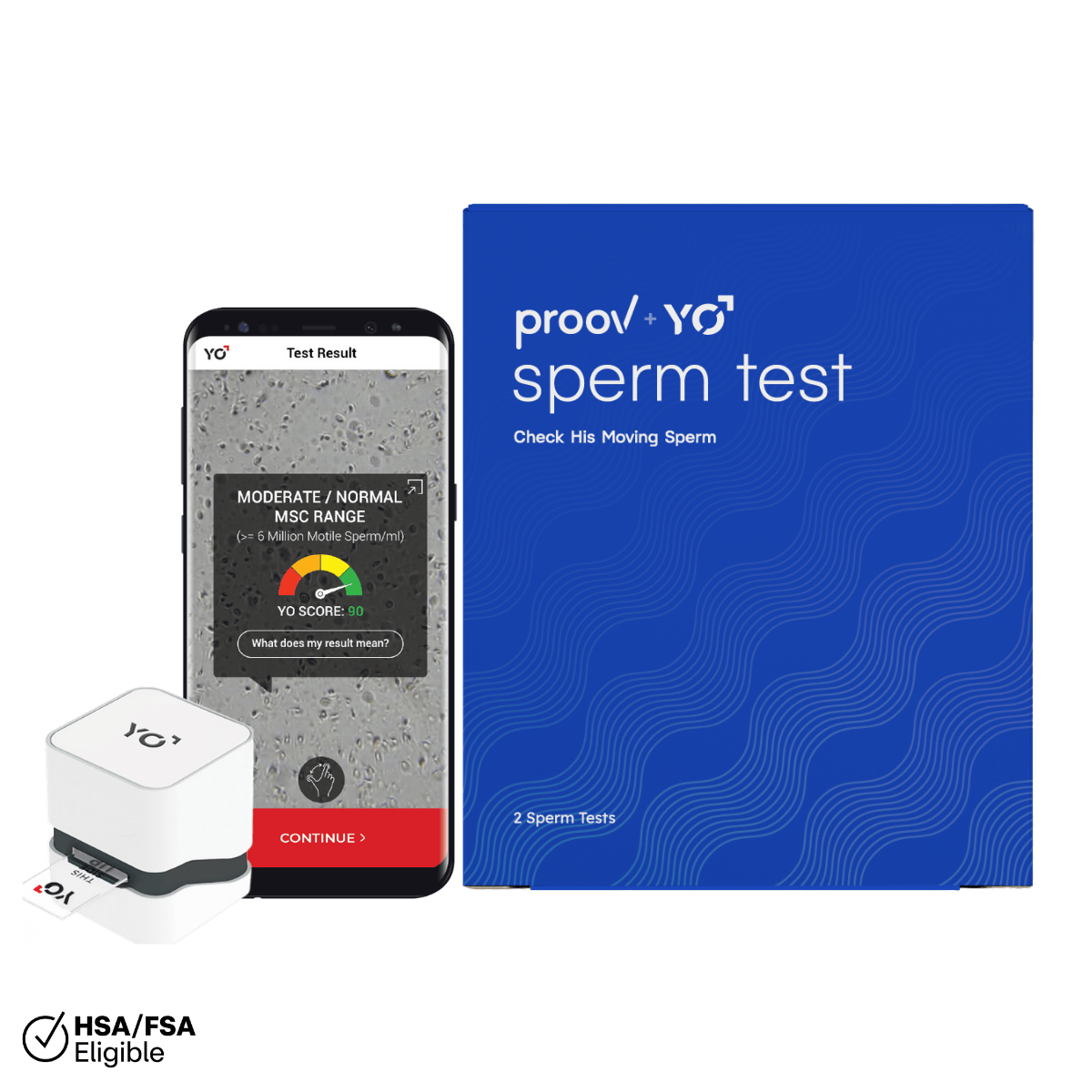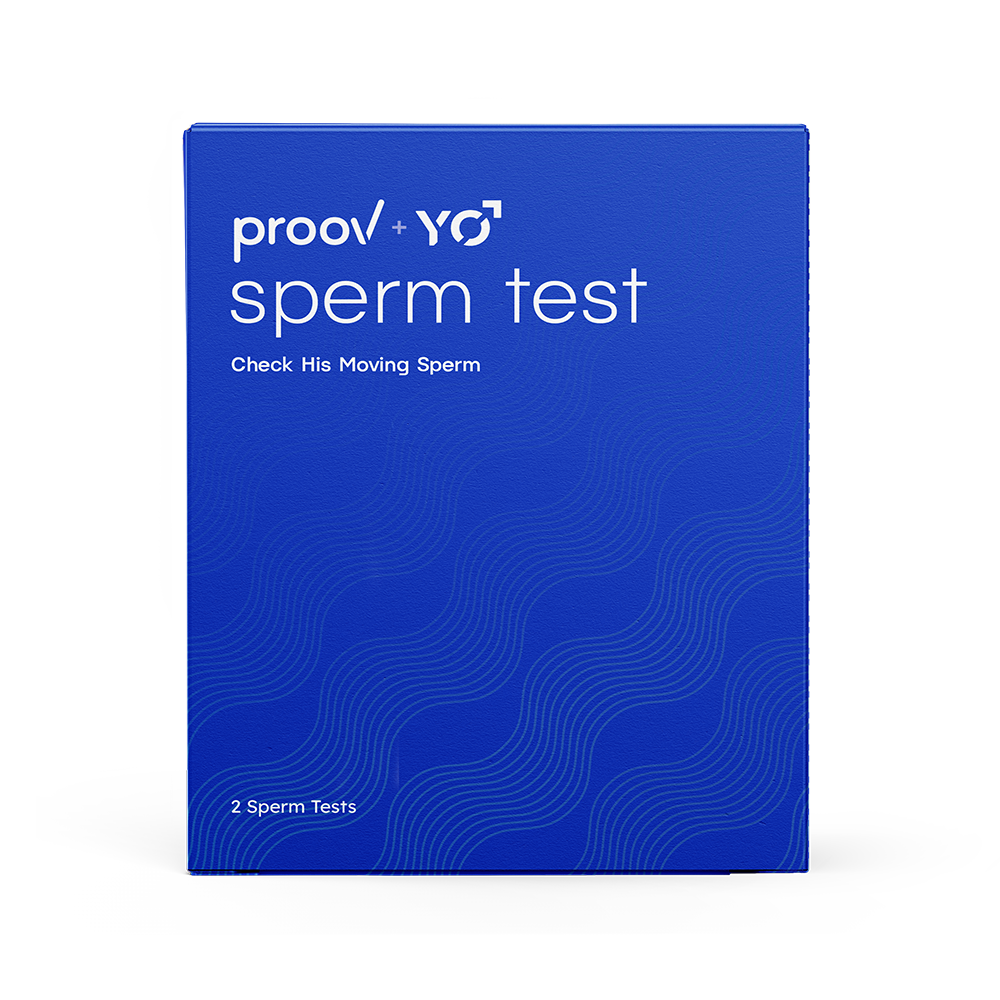Having your period come a few days early can be surprising and sometimes even frustrating. Changes in your cycle are rarely expected, so it can be hard to pin down exactly what causes them.
You may wonder if it’s normal for your period to come early or if you should consider seeing a doctor. In this blog, we’ll look at possible causes of early periods and when you should talk to a doctor about it.
Is it normal to have early periods?
A woman’s cycle lasts an average of 28 days. But, studies show that a cycle lasting anywhere between 21 and 35 days is normal too — so no need to worry if your cycle isn’t exactly 28 days long.
A change in cycle length by a few days is typically pretty normal, so if this happens to you every so often say you get your period 3 days early, there’s likely nothing to worry about.
However, if your cycle length suddenly changes so that it falls out of the range of normal (i.e. shorter than 21 days or longer than 35 days), this could be a cause for concern in which case we recommend consulting your doctor. You may also want to consult your doctor if your cycle length changes by 20 or more days in length.
Additionally, if you’re often experiencing changes in cycle length cycle to cycle, or you’re experiencing other unusual symptoms, we recommend consulting your doctor.
What causes early periods?
If you're wondering "why is my period early?", there are many reasons. You may also notice other symptoms alongside your period that could hint at why you had an earlier period. Still, it’s best to see a doctor to confirm your early period meaning and the next steps.
1. Stress
Stress may cause your period to come earlier, later, or not at all. Simply put, stress can impact your menstrual cycle and disrupt normal periods. While more research is needed to understand the link between menstrual problems and stress, it could be due to the presence of cortisol, the stress hormone.
When your body is under more stress, it needs to produce more cortisol to help combat said stress. To do so, it often uses resources meant to produce reproductive hormones (the hormones that control your cycle), which can cause hormonal imbalances that can impact your cycle length.
The good news is your period can become regular again when you make appropriate lifestyle changes that help reduce your stress levels, like prioritizing rest and sleep, exercising regularly, and meditating.
Other signs to look out for that can suggest you might be battling excess stress include tiredness, overeating, weight gain, diarrhea, recurring colds and other infections, sleep problems, anxiety, and increased heart rate, among others.
2. Polycystic ovarian syndrome
One of the symptoms of polycystic ovarian syndrome (PCOS), a hormonal condition, is irregular periods that can sometimes show up as early periods.
This hormonal disorder manifests as any two of the following conditions:
- Hyperandrogenism: A condition where the ovaries produce excess androgen hormone (a male sex hormone).
- Ovulatory dysfunction: A situation where ovulation (the release of an egg from the ovaries) happens abnormally, infrequently, or doesn’t happen at all.
- Polycystic ovaries: A condition in which the ovaries enlarge due to fluid-filled sacs hosting immature eggs.
Aside from irregular periods, PCOS can cause other symptoms like weight gain, pelvic pain, infertility, and excess body hair.
3. Endometriosis
Studies suggest that having a shorter menstrual cycle length, 27 days or less, may increase a person’s risk of having endometriosis. Likewise, endometriosis may cause early periods and other menstrual irregularities.
Endometriosis is a chronic condition where uterine lining tissue (also called the endometrium) grows outside the uterus in places like the ovaries and fallopian tubes. As your uterine lining thickens then sheds throughout your cycle, so does the lining tissue outside the uterus, which can cause an array of symptoms.
People with endometriosis can experience back pain, diarrhea, stomach pain, nausea, pain during or after sex, spotting, constipation, and bloating.

Endometriosis may cause early periods or other menstrual irregularities.
4. Perimenopause
An irregular period, like an early period, is one of the first signs of perimenopause. Perimenopause is a phase accompanied by fluctuating period hormones; estrogen and progesterone. It precedes menopause — when menstruation completely stops — ending 12 months after the last period.
Perimenopause may cause a person’s period to come earlier than usual. Sometimes, they might not see their period for months until it returns again.
Perimenopause causes other symptoms like hot flashes, night sweats, sleep difficulty, breast tenderness, moodiness, irritability, anxiety, and nervousness.
5. Hormonal birth control
You might have heard of other side effects of hormonal birth control, like spotting, moodiness, sore breasts, increased vaginal discharge, tummy cramps, low sex drive, and headaches.
But if you start hormonal birth control and your period comes in earlier than usual, it could also be a side effect of birth control. In fact, irregular periods are one of the most common side effects of hormonal birth control.
Hormonal birth control contains estrogen and progestin or progestin only. These hormones work by altering the menstrual cycle. But as your body adjusts to birth control, your period may become regular too.
6. Spotting
If you notice light bleeding from before your period should start (which can seem like the early arrival of your period), it could be spotting.
Spotting is light bleeding, usually light pink or brown in color, that happens outside of your normal period and isn’t a sign of a serious condition in most cases. But it could also be a symptom of diseases like pelvic infections, cancer or pre-cancer of the cervix or uterus, endometriosis, PCOS, and thyroid gland disorders.
Spotting can also come from a miscarriage, stress, medication side effect, or hormonal birth control. A doctor can tell you why you might be spotting and recommend treatment.

A doctor can tell you why you might be spotting and recommend treatment.
When should you see a doctor about an early period?
If your period comes so early that you have less than a 21-day cycle, that’s your cue to see a doctor. A doctor will tell you what may be the cause and treat it.
You should also see a doctor if, with the early period, you experience other period problems, including severe cramps, heavy bleeding, and period migraines.
Usually, having an early period isn’t a cause for concern, especially if your period is regular and your cycle length still falls between 21 to 35 days. Still, if you’re bothered about having early periods, we always recommend consulting your doctor.













